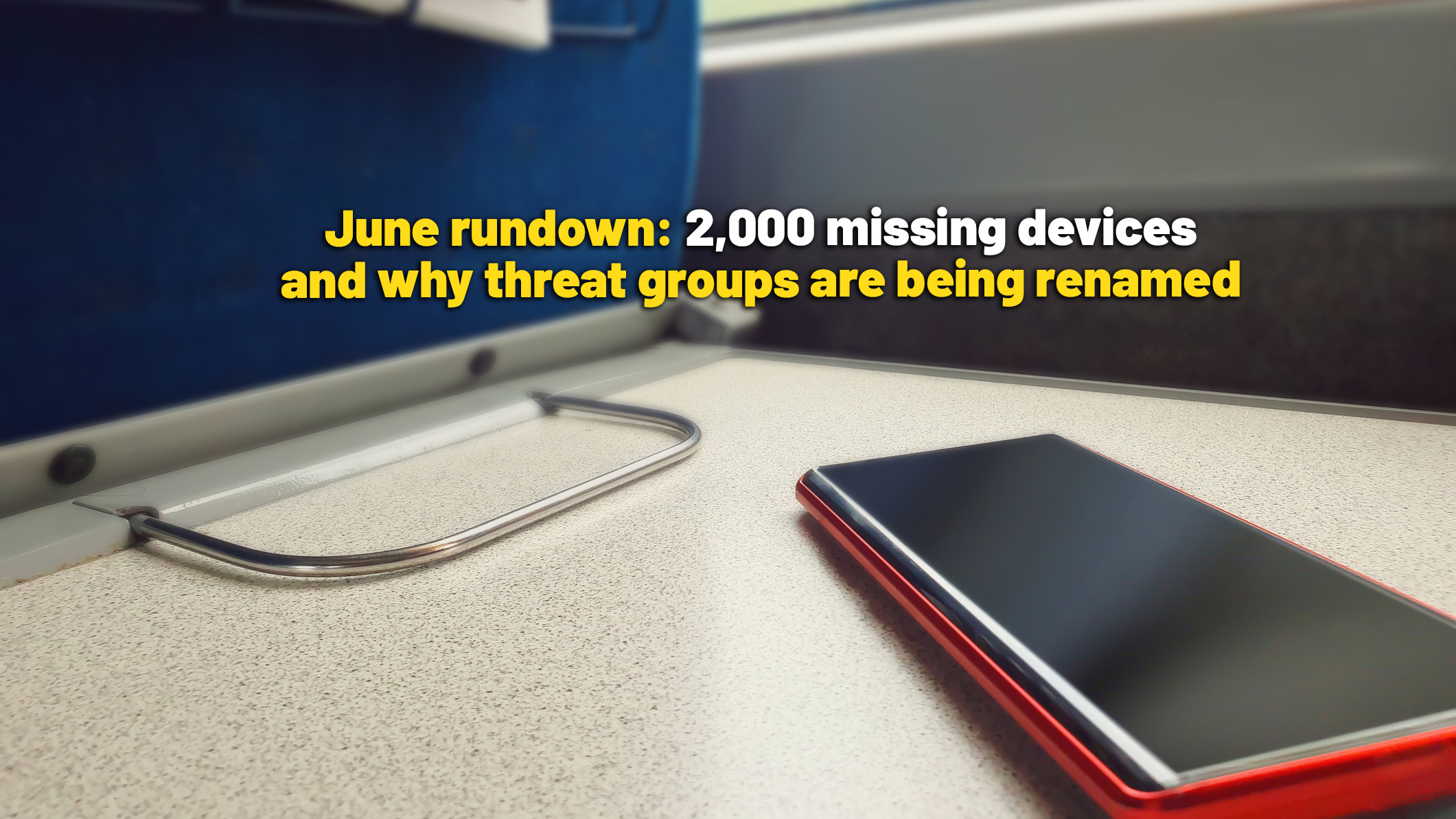Global S.P.A.M. experiment starts today
Fifty participants from around the world agree to take part in unique new experiment which will see them blog about their spam experiences.

McAfee today announced the launch of a worldwide S.P.A.M (Spammed Persistently All Month) experiment.
Over 30 days, participants from ten countries around the world - from homemakers to executives - will surf the web, make online purchases and register for promotions on a clean laptop without spam protection. The participants in the UK include a 21-year-old student, a 30-year-old entrepreneur and a 40-year-old software developer, all of whom will blog about their experience.
"Cybercrime won't go away without solving the problem of spam," said Dave DeWalt, McAfee chief executive officer.
"This experiment will raise awareness of the problem by showing that a 30-day diet of spam is bad for your online health."
McAfee said that the experiment was there to show the devastating affects of spam and its proven link with cybercrime. It said criminals used spam to take control of compromised computers as well as entice individuals to hand over personal information.
"Spam isn't just a nuisance. It's a tool used by cyber criminals to steal personal and business data," said Christopher Bolin, McAfee chief technology officer.
"As scammers become more adept at writing spam in local languages it's becoming more difficult for internet users to detect spam. It's vital that computer users understand the risks of leaving their computers unprotected," he added.
Sign up today and you will receive a free copy of our Future Focus 2025 report - the leading guidance on AI, cybersecurity and other IT challenges as per 700+ senior executives

